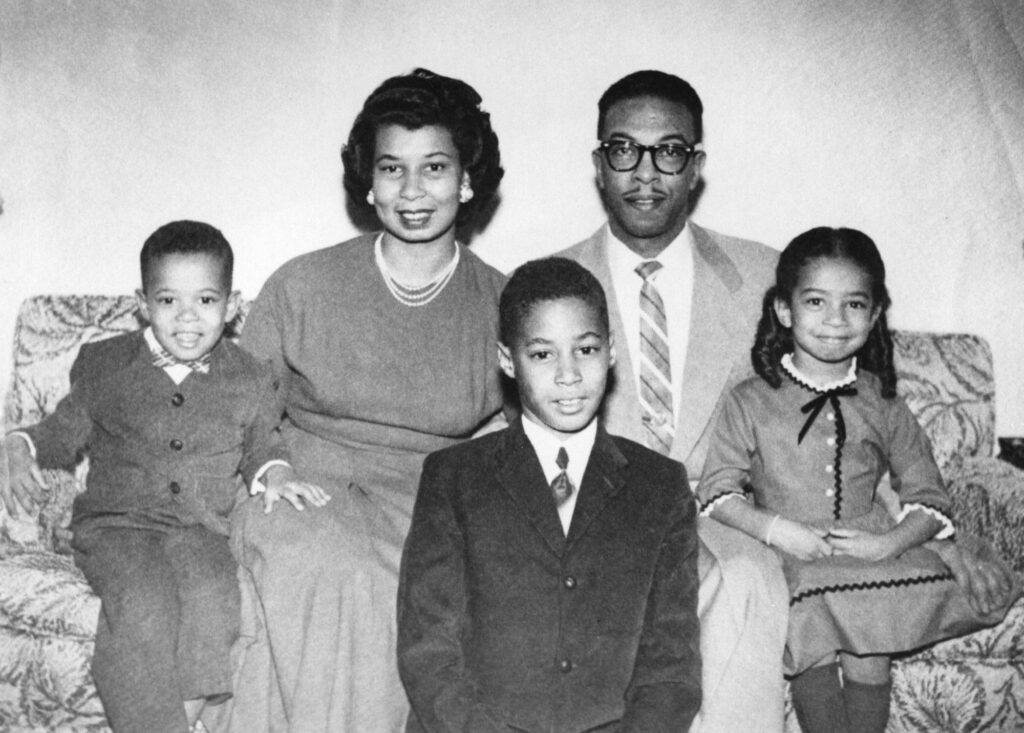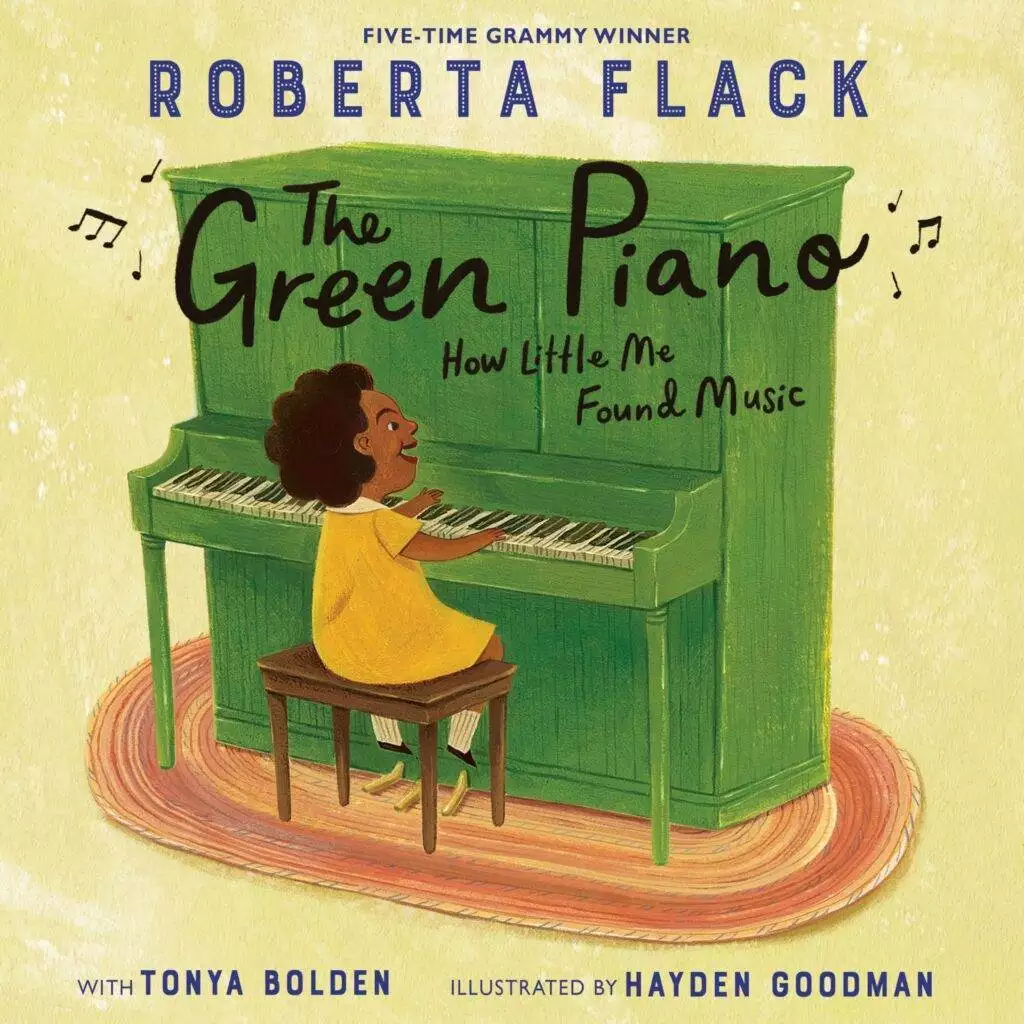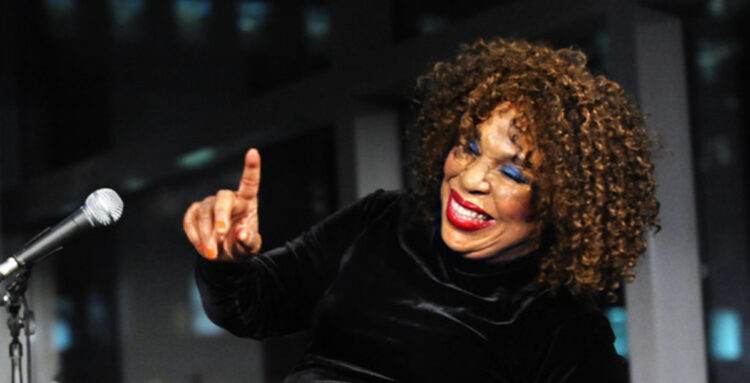Roberta Flack, the fearless singer and pianist behind the unforgettable No. 1 hits “The First Time Ever I Saw Your Face” and “Killing Me Softly With His Song,” passed away Monday in New York at 88.
“We are heartbroken that the glorious Roberta Flack passed away this morning,” her rep shared in a statement. “She died peacefully, surrounded by her family. Roberta broke boundaries and records. She was also a proud educator.”
Back in 2022, she was diagnosed with ALS — also called Lou Gehrig’s disease — which meant she couldn’t sing anymore. Years before that, in 2016, she had a stroke. By 2018, she had officially stepped away from performing.
She made Grammy history with back-to-back wins
Flack, who was born in North Carolina, had an incredible gift for classical piano. She made history as the first artist ever to win the Grammy for Record of the Year two years in a row.
In 1973, she won for the haunting “The First Time Ever I Saw Your Face,” and then again in ’74 for “Killing Me Softly With His Song.” (Only U2 and Billie Eilish have pulled that off since.)
Her breakthrough came thanks to Clint Eastwood
Before she became famous, Flack worked as a teacher during the day and sang in D.C. clubs at night. Atlantic Records signed her, and she put out her first album, First Take, in 1969, followed by Chapter Two in 1970. But neither made much of a splash — at first.
Then Clint Eastwood came along and changed everything. He used “The First Time Ever I Saw Your Face” for a love scene in his movie Play Misty for Me (1971). That’s when things took off. The song was released as a single in early 1972 and shot to No. 1, staying at the top of the Billboard Hot 100 for six weeks.
And get this — Eastwood only paid $1,000 to use it, according to producer Joel Dorn in the 2022 documentary Roberta.
Her deep and lasting collaboration with Donny Hathaway
In 1973, Flack won another Grammy for “Where Is the Love,” a duet with her college friend and frequent collaborator, Donny Hathaway. The song made it to No. 5. Hathaway’s death in 1979 hit hard. The two had been in the studio together earlier that day.
After he died by suicide, Flack kept going, making music and performing. She later teamed up with Peabo Bryson for the 1983 hit “Tonight, I Celebrate My Love” and worked with Maxi Priest on “Set the Night to Music,” which reached No. 6 in 1991.
She had a unique take on music’s power
“I always say that ‘love is a song’ — meaning that music reaches beyond age, race, nationality, and religion to touch our hearts,” she once wrote in an email to NPR’s Ann Powers. Powers described Flack as “an interpreter as bold and discerning as her role models Nina Simone and Frank Sinatra.”
A child prodigy with big dreams

Flack was born on Feb. 10, 1937, in Black Mountain, North Carolina, and grew up in Arlington, Virginia. Her father, Laron, was a draftsman for the Veterans Administration. Her mother, Irene, played the organ at church.
Music came naturally to her. By 13, she was playing the entire score of Handel’s Messiah for her church choir. She went to Stevens Elementary in D.C., then Hoffman-Boston High School in Arlington. At just 15, she got a full music scholarship to Howard University.
As a kid, she imagined herself as Rubina Flake, a famous concert pianist performing at Carnegie Hall. It was a little fantasy that helped her navigate the challenges of being a young Black prodigy in the South.
She recorded her first album in just 10 hours
By the time she moved to New York, Flack had memorized 600 songs. And when she recorded her first album? She did it in just 10 hours. That album included “The First Time Ever I Saw Your Face” (written in 1957 by British singer-songwriter Ewan MacColl and originally recorded by his wife, Peggy Seeger) and a cover of Leonard Cohen’s “Hey, That’s No Way to Say Goodbye.”
Clint Eastwood personally called her about the song
In a 2012 interview with The Daytona Beach News-Journal, Flack shared the story of how Eastwood reached out to her. He had been driving to work when he heard her song on the radio. It struck him so much that he had to find her.
“I’m in my house in Virginia. My mom was living with me at the time. The phone rings and she says, ‘Roberta, it’s Clint Eastwood.’ I thought somebody was playing a joke,” she recalled.
“He really surprised me. I didn’t faint, but I came pretty close because, I mean, this was a big thing. The conversation went like this (imitates Eastwood’s voice): ‘I’d like to use your song in this movie I’m doing. It’s called Play Misty for Me. It’s about a disc jockey, and it has a lot of music in it. I’d use it in the only part of the movie where there’s absolute love.’”
She stayed active in music and entertainment for decades
Her last album, Let It Be Roberta: Roberta Flack Sings the Beatles, dropped in 2012. Fun fact: she produced a lot of her albums under the name Rubina Flake.
She also left her mark in TV and film. She sang “Together Through the Years,” the theme song for the 1986-91 sitcom Valerie/The Hogan Family. She performed in the choir for The Wiz (1978). And she contributed music to Richard Pryor’s 1981 movie Bustin’ Loose.
She wanted her story to inspire kids

In November 2022, a feature-length documentary called Roberta premiered at the DOCNYC film festival. Then, in early 2023, she released a children’s book she co-wrote, The Green Piano: How Little Me Found Music.
“I have long dreamed of telling my story to children about that first green piano my father got for me from the junkyard, hoping they’d be inspired to reach for their dreams,” Flack said.
“I want them to know that dreams can come true with persistence, encouragement from family and friends, and, most of all, belief in yourself.”
Roberta gave the world songs that still hit deep, decades later. Her voice, her music, and her legacy aren’t going anywhere.

















































